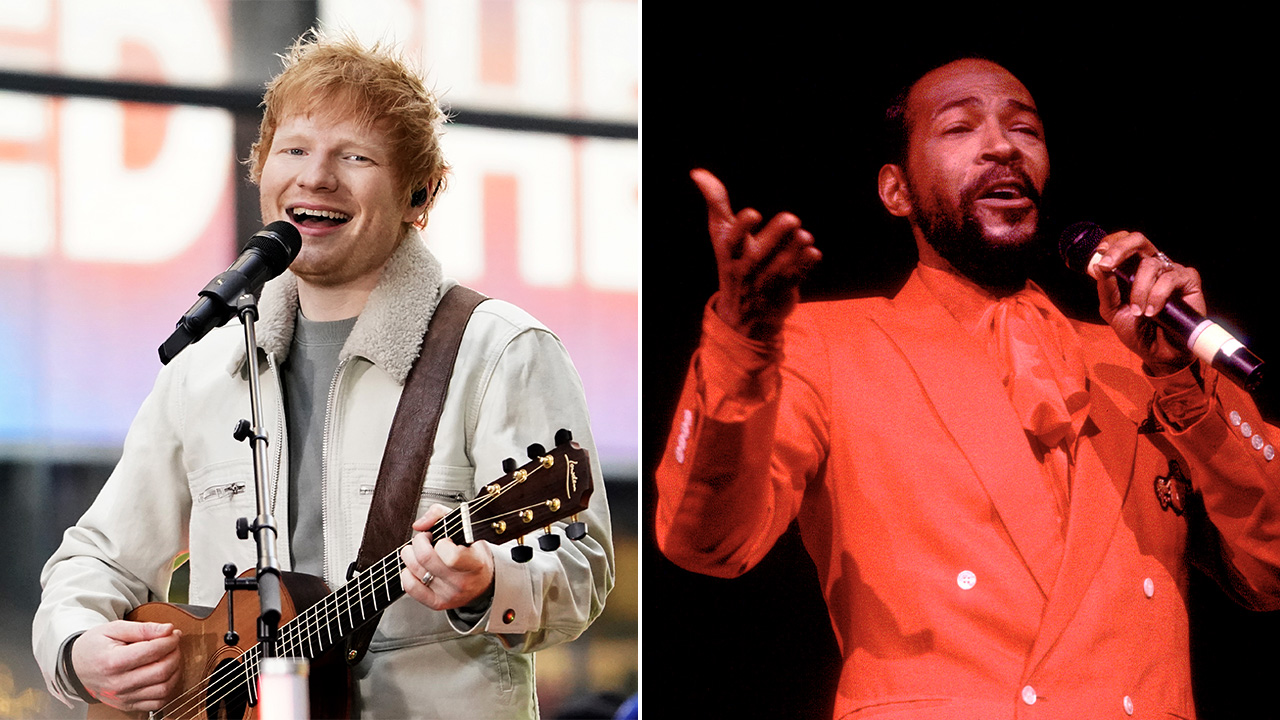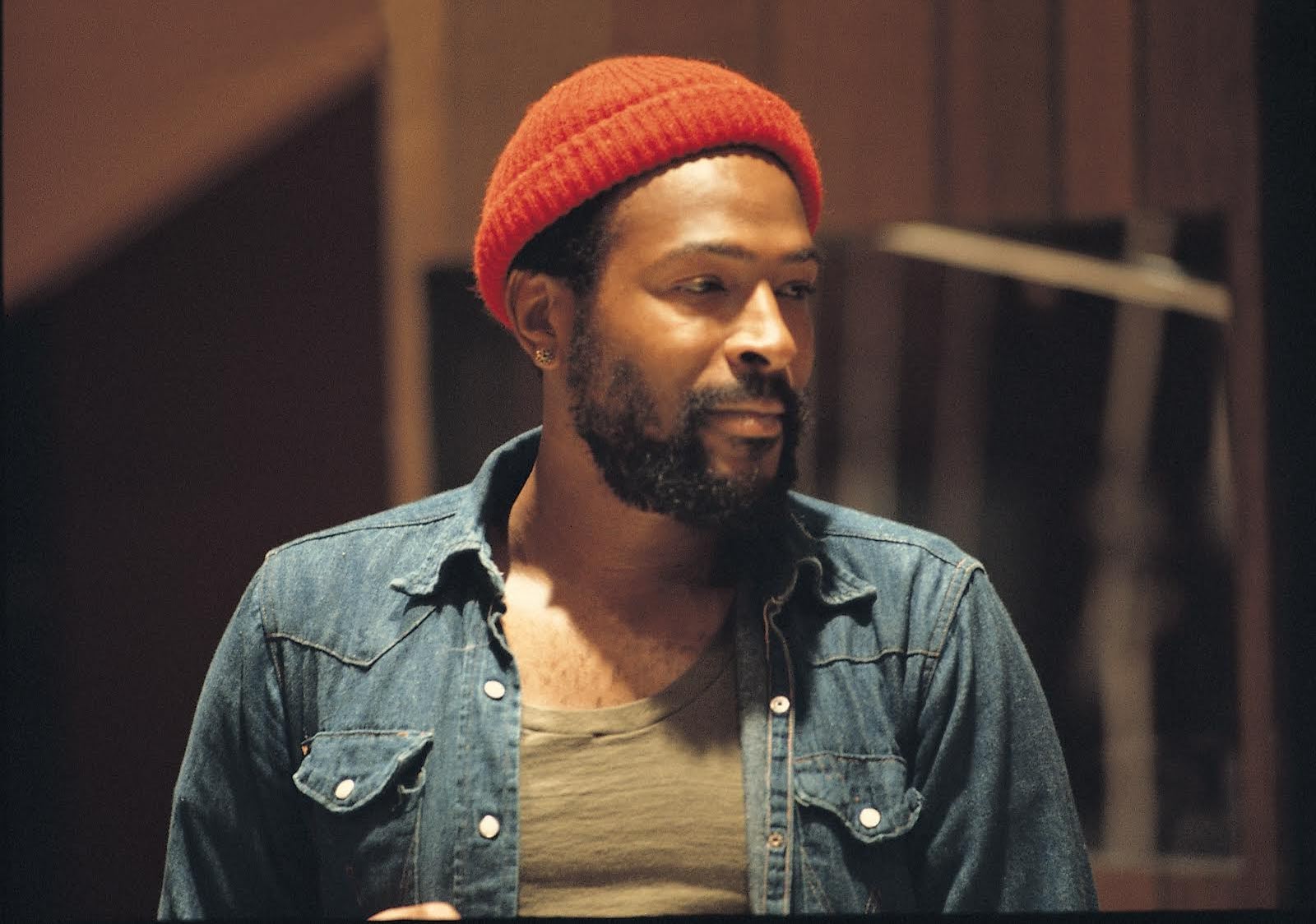Ed Sheeran Huge Legal Issue Over Alleged Copying of Marvin Gaye’s Song, Agrees to Testify in Court to Prove His Innocence
In a trial to decide whether British pop artist Ed Sheeran copied American music great Marvin Gaye’s Let’s Get It On in his 2014 hit Thinking Out Loud, jury selection got underway on Monday. The heirs of Ed Townsend, who collaborated with Gaye on the 1973 soul smash, filed a lawsuit against Sheeran, stating that the English pop star’s 2014 hit song includes “overt common elements” and “striking similarities” to Let’s Get It On that infringe on their copyright.
The trial, which is scheduled to last a week, will feature testimony from Sheeran. The case has been postponed numerous times since it was first filed in 2017. Since testimony is anticipated to last at least until Friday, the decision might be made on Friday or early the next week.

What Was The Lawsuit Filed?
The two songs’ melodies, chord structures, and lyrics are all that are at issue in the complaint against Ed Sheeran; not the exact recordings.
In the complaint filed in federal court in the Southern District of New York, Ed Townsend’s family said,
“The defendants copied the heart of Let’s and repeated it continuously throughout Thinking. The melodic, harmonic, and rhythmic compositions of Thinking are substantially and/or strikingly similar to the drum composition of Let’s.“

In the case, the Townsend family’s attorneys noted that artists like Boyz II Men have mashups of the two songs that are seamless, and even Sheeran has transitioned into Let’s Get It On during live performances of Thinking Out Loud.
According to Townsend’s heirs, they are defending his composition against a competing song that has appropriated its musical “heart.”
The Thinking Out Loud lawsuit also invokes one of the most common tropes in American and British music since the earliest days of rock’n’roll, R&B, and hip-hop: a young white artist seemingly appropriating the work of an older Black artist. Similar accusations were made against Elvis Presley and the Beatles. The Thinking Out Loud lawsuit also makes reference to this trope.
What Did Ed Sheeran’s Team Say?
Sheeran’s attorneys contend that the similarities stop at the fundamental chord progressions and song structures that make up the majority of popular music. They claimed that the only genuine similarity between Thinking and Let’s Get It On was a straightforward chord progression, I-iii-IV-V, which they claimed was so unremarkable that it could not serve as the foundation for a claim of infringement. All other things being equal, the songs vary in speed, key, and structural complexity. According to Sheeran’s attorneys, the two songs’ music differs and their melodies and lyrics have nothing in common.

Lawrence Ferrara, a renowned musicologist at New York University, provided an expert report that Sheeran’s attorneys used as evidence. Ferrara identified 13 tracks that had the same chord sequence as Let’s Get It On before Marvin Gaye released it, including songs by Buddy Holly and The Beach Boys.
This isn’t Ed Sheeran’s first copyright rodeo
Major artists are frequently the target of lawsuits alleging song infringement, but almost all of these cases are resolved before trial, as Taylor Swift recently did in the case of Shake it Off, ending a case that lasted years longer and came closer to trial than most others.

Sheeran has previously demonstrated a willingness to go to trial despite being the focus of copyright litigation due to the influence of vintage soul, pop, and R&B in his songs. Following his victory in a U.K. copyright dispute involving his 2017 hit Shape of You, he criticized what he called a “culture” of pointless lawsuits meant to extract money from musicians eager to avoid the expense of going to court.
“I feel like claims like this are way too common now and have become a culture where a claim is made with the idea that a settlement will be cheaper than taking it to court, even if there is no basis for the claim. It’s really damaging to the songwriting industry.”
Sheeran’s Thinking Out Loud shot up America’s Billboard Hot 100 charts when it was released, and won him a Grammy Award for Song of the Year in 2016.
Sources: TIME





